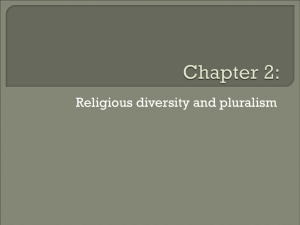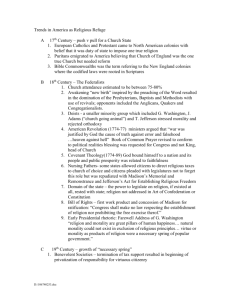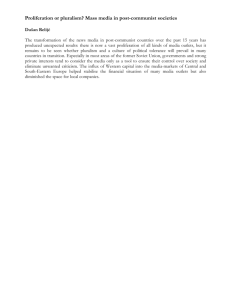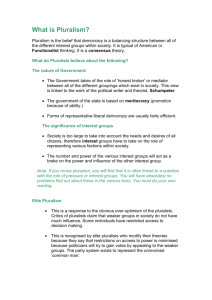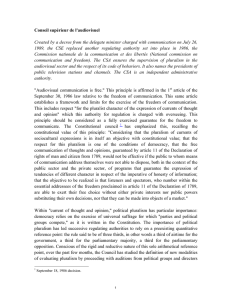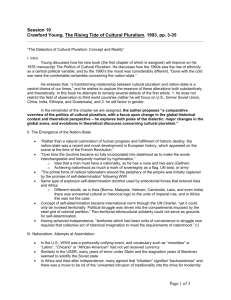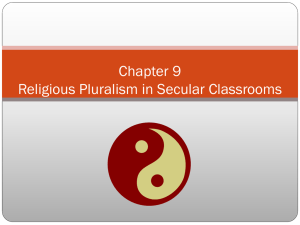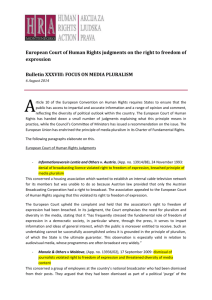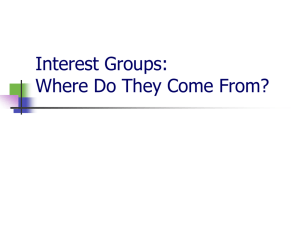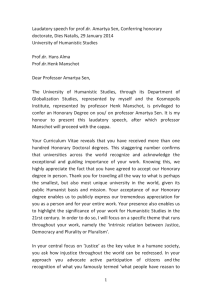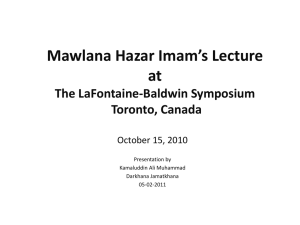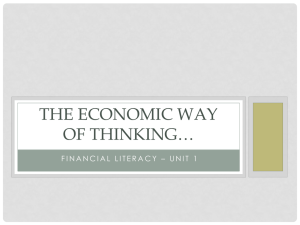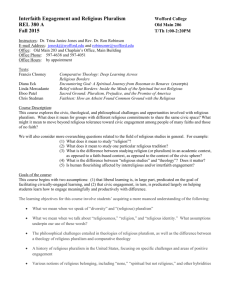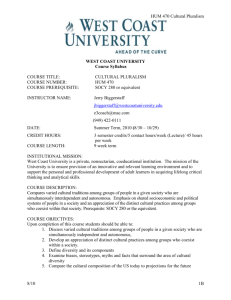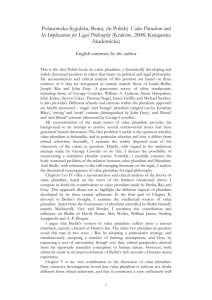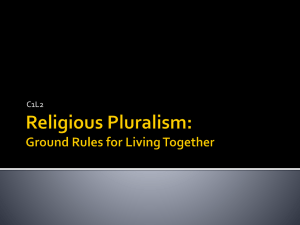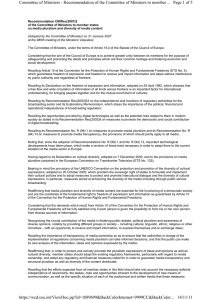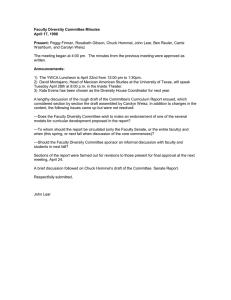Powerpoint: Hiddeness of God and Religious Diversity
advertisement
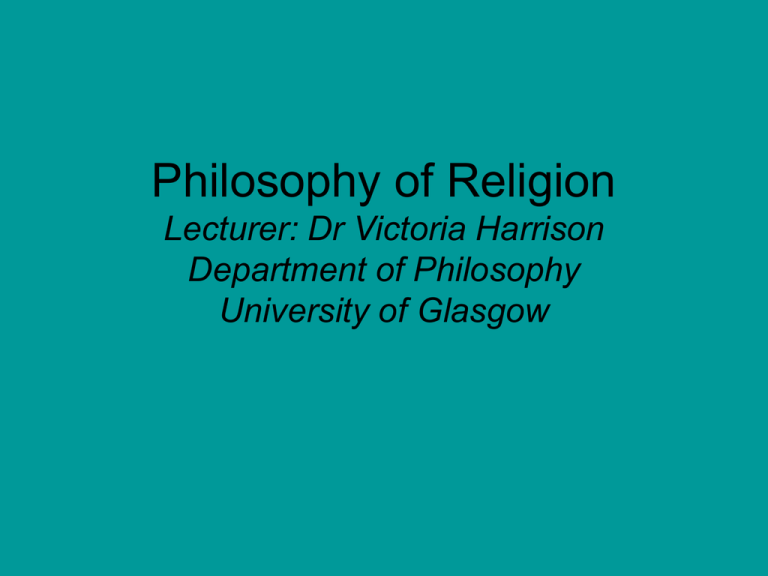
Philosophy of Religion Lecturer: Dr Victoria Harrison Department of Philosophy University of Glasgow Philosophy of Religion in a Multicultural World We can interpret the world • Religiously, or • Naturalistically. • Both are rational. The world is religiouslyambiguous Moreover, a number of religious interpretations are available • Monotheistic • Non-theistic Which religious view seems best often depends on a person’s culture, for example • Semitic • Asian If God exists… • Why is neither God’s existence nor God’s nature obvious? • Why isn’t atheism foolish? • The evidence neither for nor against the existence of God is overwhelming. If God exists, God is hidden How hidden is God? The evidence: • • • • Loss of belief Millions have no awareness of God Believers sense God’s presence obscurely Abundance of explanations for God’s hiddenness • Preoccupation of theists with arguments for God’s existence • God is hidden to virtually all within certain cultures Why would God choose to make belief difficult? • Has God sacrificed ‘goods of clarity’ for ‘goods of mystery’? Explanations for God’s hiddenness • Human defectiveness theories • Divine transcendence theories • Hiddenness is a means to producing goods of mystery. Goods of mystery • Genuine moral choice Character formation • The self as a project If the existence and nature of God were obvious • Atheism would be irrational • All rational people would be theists. • This is not the case. • Given the hiddenness of God, how should we respond to religious diversity? Three Types of Theory Responding to Religious Diversity • Religious Exclusivism E.g., Alvin Plantinga • Religious Inclusivism E.g., Karl Rahner • Religious Pluralism Eg., John Hick Religious Exclusivism • Key claim: One religion is exclusively correct. • Its claims are exclusively true. If the claims of other religions contradict these, then the claims of the other religion must be false. • It alone offers a way to salvation. • Problems… Religious Inclusivism • One religion has the monopoly of religious truth-claims. • However, salvation may be available through alternative traditions – despite their false claims. • Problems… Religious Pluralism • Key claim: All major religious traditions are authentic. • Different forms of religious pluralism: • The most influential is John Hick’s. The key claims of Hickean pluralism • Each world religion has its own phenomenal reality. • Since each world religion has its own phenomenal reality, the claims of one world religion do not conflict with those of another world religion. • Each world religion is a response to the same thing: The ‘Real’. • Responding to this phenomenal reality is, so far as we can tell, equally effective in each world religion. What does this entail? • Each world religion is equally valid. Problems with Hickean Pluralism • • • • Truth Experience Appropriateness of responses Religious language END
